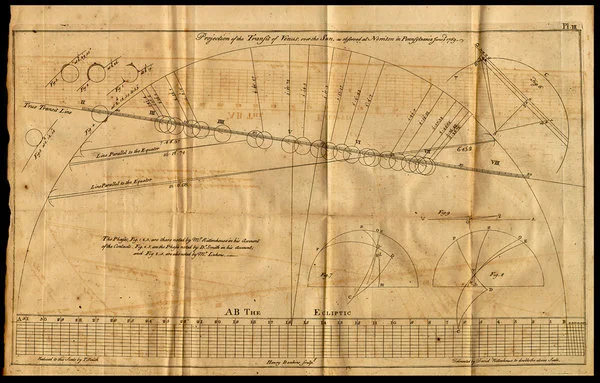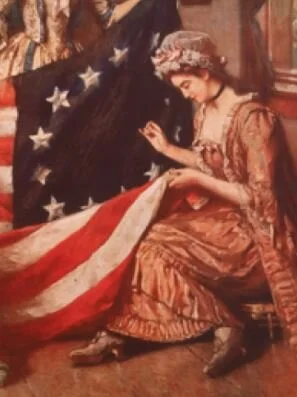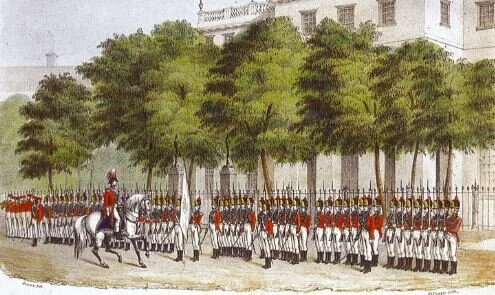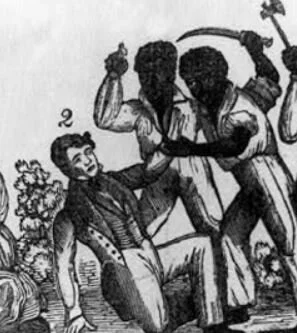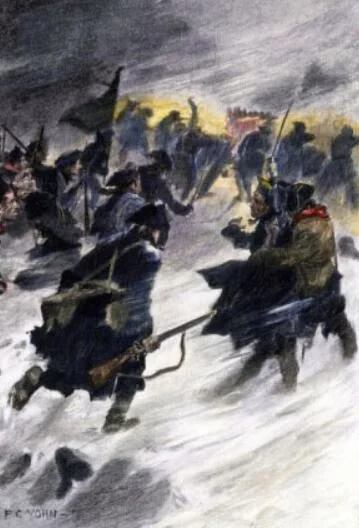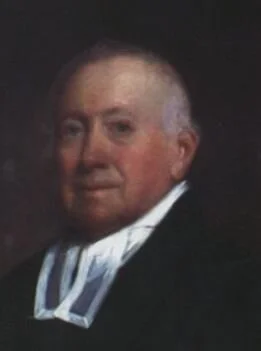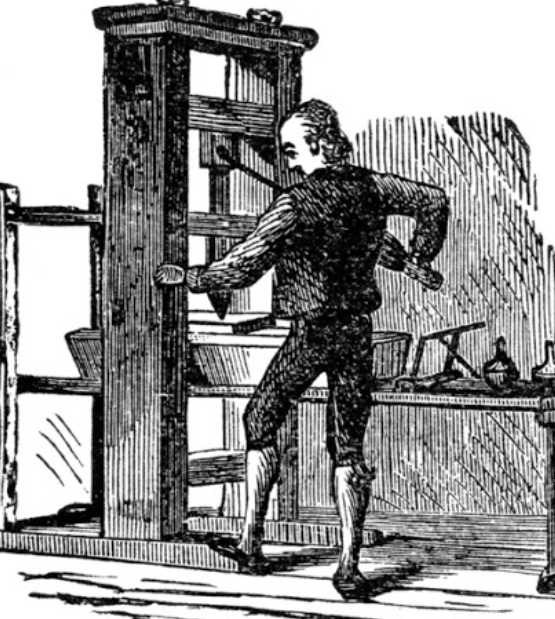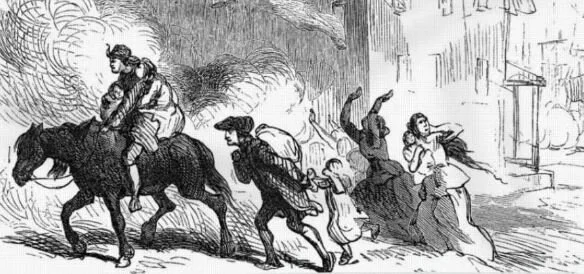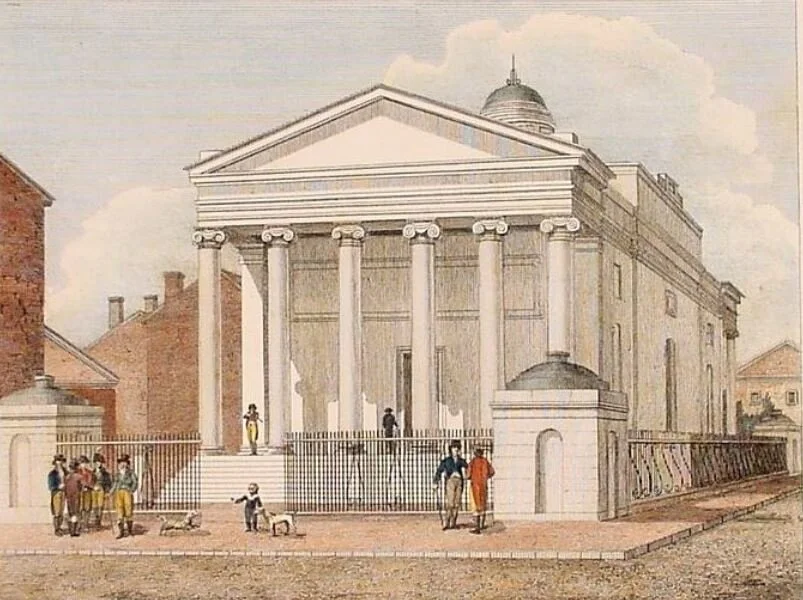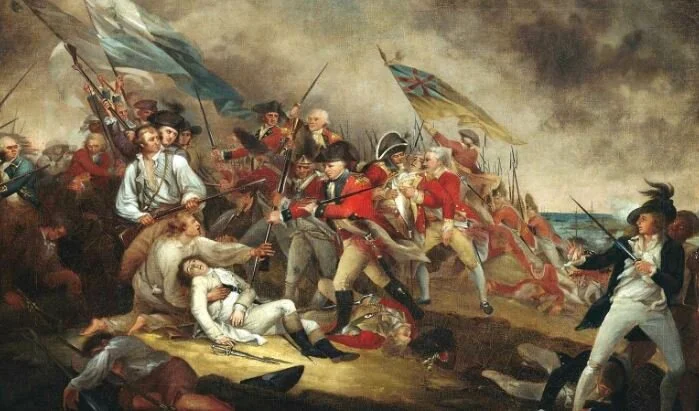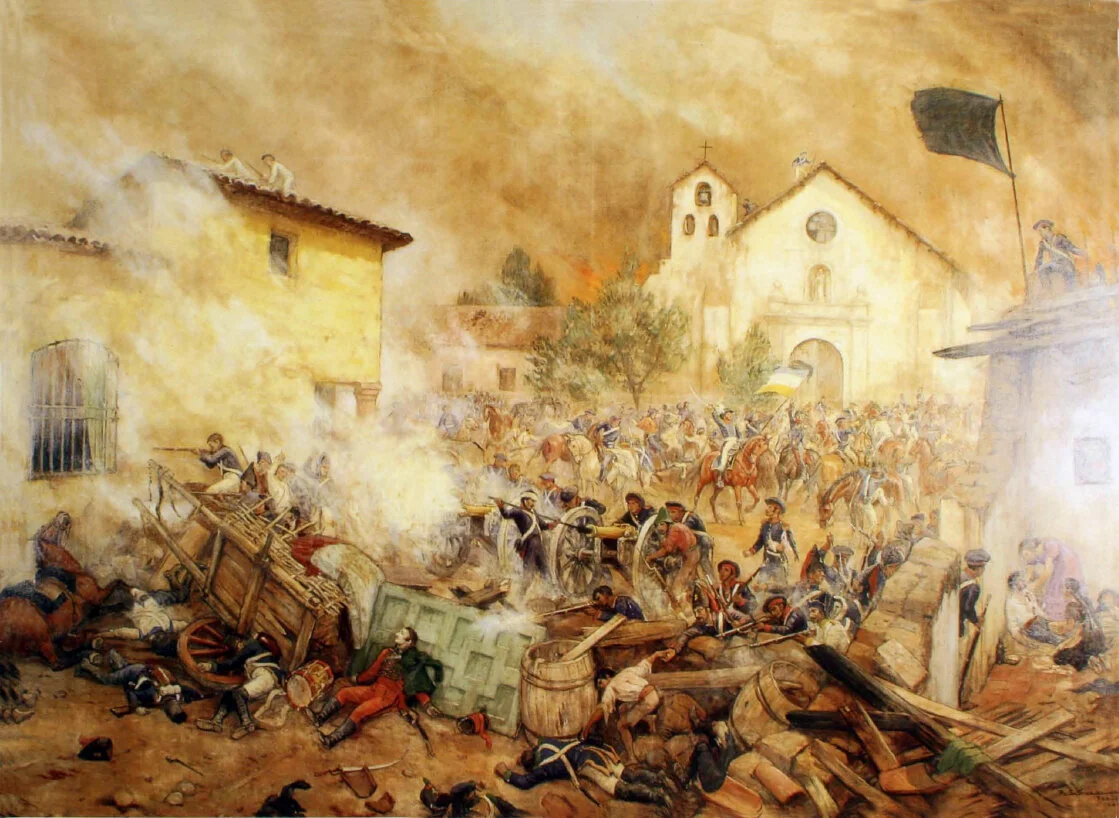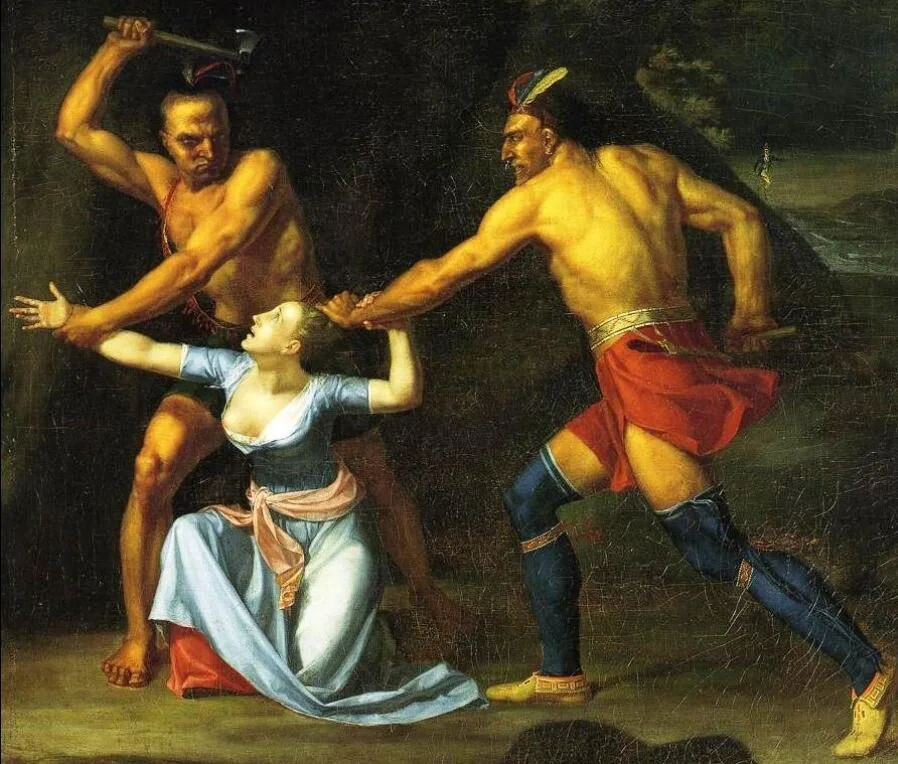David Rittenhouse was one of the leading scientists during the American Founding.
All in Stories
Rebecca Minot Prescott Sherman's Revolutionary Flags
Rebecca Minot Prescott designed the Connecticut State Flag.
Samuel Wyllys and the First Company Governor's Foot Guard
Samuel Wyllys was the creator of Connecticut’s First Company Governor’s Foot Guard.
William Bingham Plays Arms Dealer in the Caribbean
William Bingham was arguably the wealthiest young man in North America during the Founding of the United States.
The Killing of Cornelius Wynkoop
Cornelius Wynkoop was a Colonel in the American Revolution who was killed by one of his slaves.
Joseph Wood's Controversial Promotion
Joseph Wood fought as a Colonel in the Invasion of Canada before receiving appointment to the Continental Congress.
America's Second Capital - Henry Fite's House
The first time the Continental Congress fled from Philadelphia, they took up residence in the Henry Fite House.
Manasseh Cutler Speaks on the Associates' Behalf
Manasseh Cutler was a Massachusetts Patriot Minister who played an important part in establishing the Northwest Territory.
Elizabeth Graeme Fergusson Fights For Her Land Back
Elizabeth Graeme Fergusson was a writer who helped change the view of female property ownership in Revolutionary Philadelphia.
Transcribing Independence For Washington - Jacob Rush
Jacob Rush held several important positions during the American Founding, including time spent as Secretary to Continental Congress President John Hancock.
Planning Fortifications with Rufus Putnam
Rufus Putnam oversaw the fortification of several important Patriot posts during the Revolutionary War.
John Holt Evacuates with the Patriot's Propaganda Machine
John Holt printed most of the New York Sons of Liberty literature during the Revolutionary War.
An Able Youth With Certain Follies - Jonathan Williams Austin
Jonathan Williams Austin was one of John Adams’ first law clerks.
John Nixon Reads the Declaration and Directs the First Bank
John Nixon was the first person to read the Declaration of Independence in public.
From the Brothel to Businesswoman - The Ascent of Eliza Jumel
Eliza Jumel was a wealthy art collector who married and divorce Aaron Burr in short order.
Accused of Backwardness - James Scamman's Bunker Hill Court Martial
James Scamman led Patriot forced at the Battle of Bunker Hill and was thanked for his efforts by receiving a court martial.
Alexander Lillington (Or Maybe it's John Lillington) at Moore's Creek Bridge
Alexander Lillington was one of two Colonels who won the important Battle of Great Bridge early in the Revolutionary War.
Joseph Jones and the Letter that Saved America
Joseph Jones wrote one of the most important letters in American history, though the influence was not because of the content but rather a certain Commander-in-Chief's inability to read it.
The Battle of the Clouds - A Fight That Got Rained Out
The Battle of the Clouds should have been a major conflict of the Revolutionary War, but it was cancelled due to rain.
The Slaying of Jane McCrea
The murder of Jane McCrea was used as an example of British inhumanity to inspire patriotism during the Revolutionary War.
